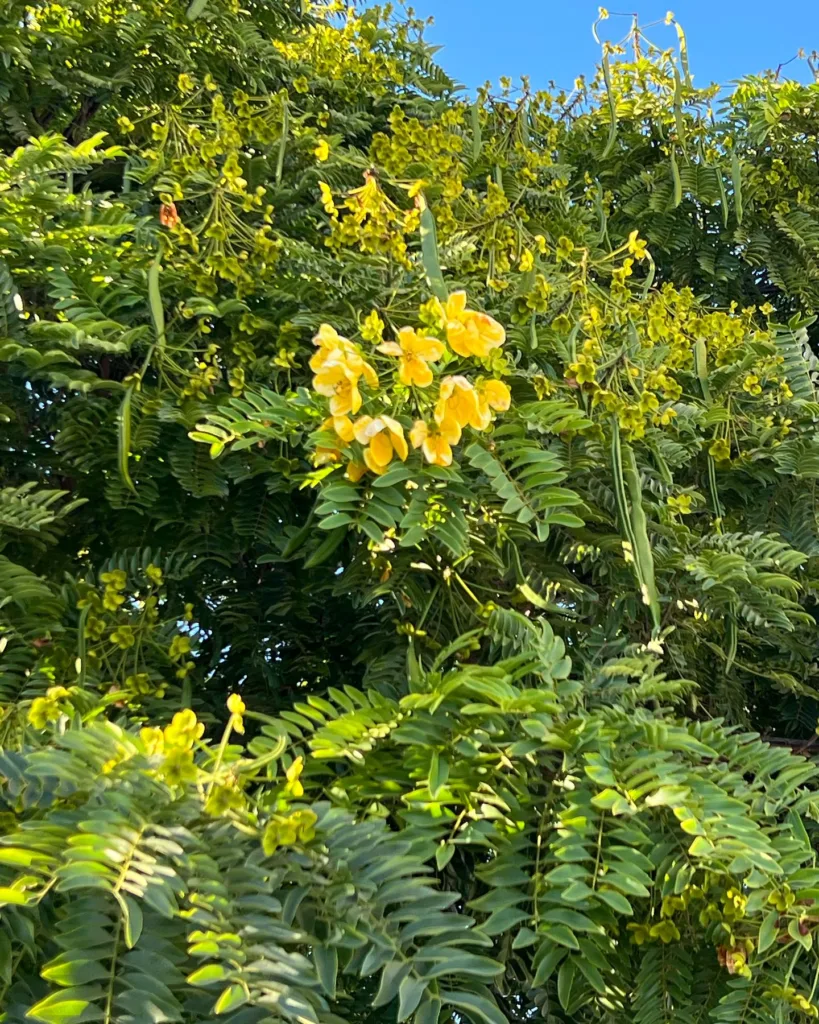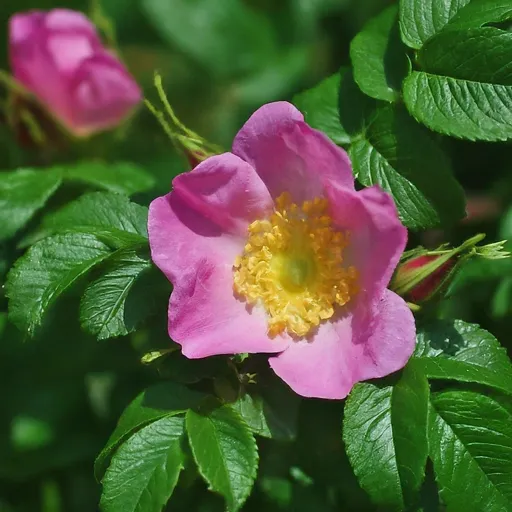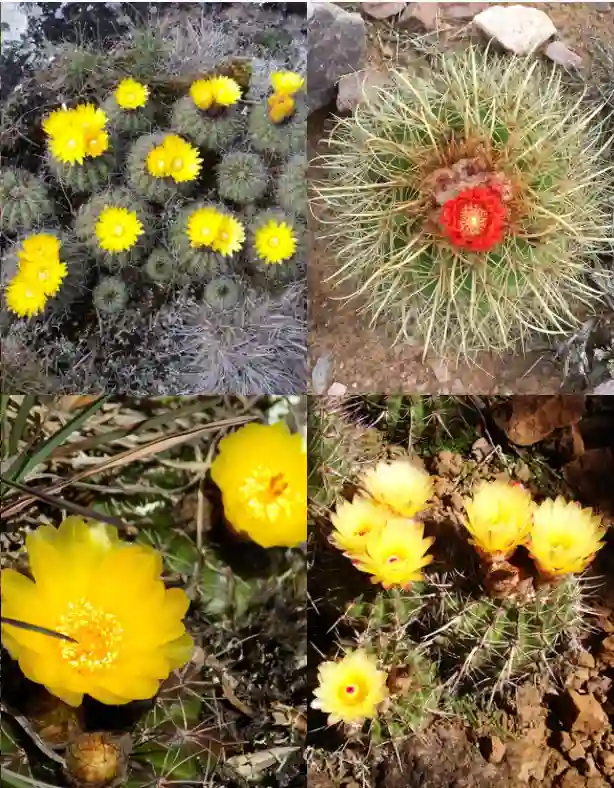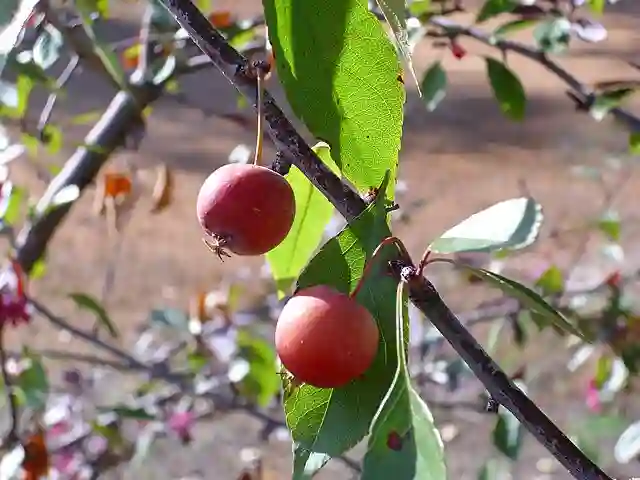What is Dioon Edule?
The Dioon edule, also known as the chestnut dioon or palma de la virgen, has become a captivating centerpiece in my garden. This prehistoric cycad, a living fossil that predates the dinosaurs, boasts an elegance that transcends time. Its graceful, feathery fronds unfurl in a mesmerizing display, adding a touch of the Jurassic to my modern landscape.
For any plant enthusiast seeking a unique and conversation-starting specimen, the Dioon edule is a worthy contender. But before welcoming this ancient wonder into your own domain, it’s crucial to understand its specific needs.
Dioon Edule vs Sago Palm
I’ve found Dioon Edule to be a striking plant with its more delicate, feather-like foliage, which contrasts sharply with the Sago Palm‘s tougher, more rigid leaves. The Dioon Edule has a subtle, understated elegance that I appreciate, whereas the Sago Palm feels more dramatic and architectural. I love the way the Dioon Edule brings a unique texture to my garden, but I have to admit, the Sago Palm’s robust presence gives it a certain commanding appeal. I’ve noticed that while the Dioon Edule seems to thrive with a bit of extra care, the Sago Palm is more forgiving and less fussy about its environment.
Unveiling the Dioon Edule’s Mysteries: A Slow and Steady Journey
The Dioon edule is a patient grower, content to take its time reaching maturity. This isn’t a plant for those seeking instant gratification. However, its slow and steady growth translates into minimal maintenance, making it an ideal choice for gardeners who appreciate low-fuss elegance.
Where Does the Dioon Edule Thrive?
When it comes to light, the Dioon edule prefers a balance. While it appreciates dappled sunlight, it can tolerate some full sun exposure, especially in cooler climates. Harsh afternoon sun, however, can scorch its delicate fronds. So, when choosing a location, consider the intensity of sunlight throughout the day and opt for a spot with some afternoon shade, especially in warmer regions.
Mimicking Mexico: Soil Secrets for the Dioon Edule
The Dioon edule hails from the verdant mountains of Mexico. To replicate its native habitat, well-draining soil is paramount. A mixture of potting soil, perlite, and orchid bark can provide the ideal balance of drainage and moisture retention. Remember, these prehistoric plants despise soggy roots, so err on the side of drier soil.
Watering Wisdom: Keeping the Dioon Edule Happy
Watering your Dioon edule requires a thoughtful approach. Deep watering during dry spells, allowing the soil to dry completely between waterings, is the key. Avoid frequent shallow watering, which can lead to root rot. During the winter months, watering frequency can be reduced even further.
A Feast for the Ancient One: Fertilizing the Dioon Edule
While the Dioon edule isn’t a heavy feeder, a balanced fertilizer can give it a gentle boost during its growing season. A diluted solution of a slow-release fertilizer applied once a month during spring and summer is sufficient. Avoid over-fertilizing, as this can damage its delicate roots.
Patience is Key: Propagating the Dioon Edule
Propagating the Dioon edule is a project for the patient gardener. Seeds, though viable, can take years to germinate. The most common method is through offsets, or pups, that emerge from the base of a mature plant. However, separating these pups can be risky for the mother plant, so it’s best to leave this task to experienced growers or specialist nurseries.
What to Plant with the Dioon Edule?
The Dioon edule’s architectural form pairs beautifully with a variety of plants. Shade-loving perennials like ferns and hostas create a lush understory, while bromeliads add a touch of color and texture. Small palms or cycads with contrasting foliage can complement the Dioon edule’s unique form.
A Timeless Companion: The Allure of the Dioon Edule
Owning a Dioon edule is more than just having a plant; it’s about cultivating a connection with the ancient past. Witnessing its slow, steady growth and appreciating its prehistoric charm fosters a sense of wonder and respect for the natural world’s resilience.
So, if you’re looking for a conversation starter, a low-maintenance conversation piece, and a living testament to our planet’s enduring history, the Dioon edule might be the perfect addition to your garden. Just remember, patience is key, and with proper care, this prehistoric wonder will grace your landscape for generations to come.
If i die, water my plants!



